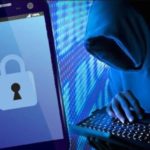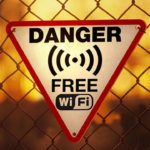In today’s fast-paced world, you will find that most restaurants, airports, and hotels offer free WiFi for customers to easily access. Using these free WiFi networks has many benefits, such as saving on data charges and preserving battery life.
However, when using public WiFi, you need to be cautious about connecting personal devices haphazardly.
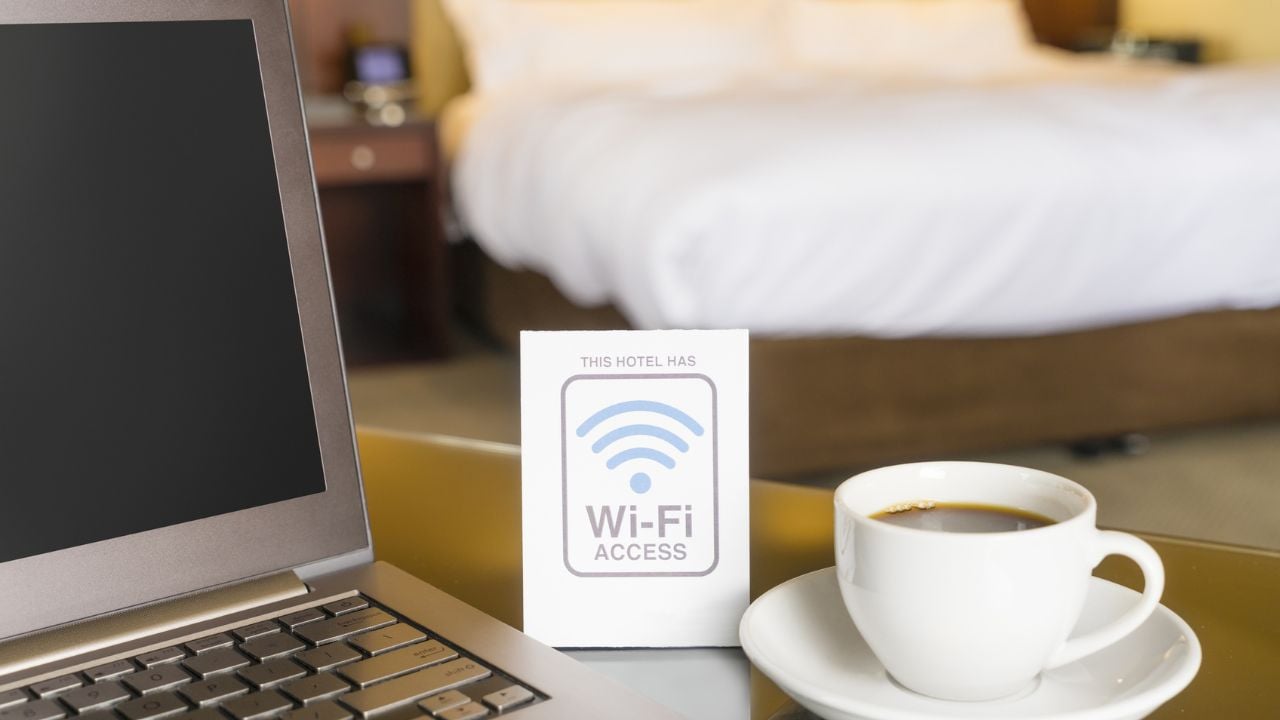
Risks of using WiFi in hotels or airports
Data theft
Not everyone knows that hackers or cybercriminals can easily steal login information and important data from your mobile phones and personal computers, such as emails, bank accounts, and identification cards when you use unsecured public WiFi.
Furthermore, many malicious actors impersonate WiFi networks with commonly used keywords such as “lounge,” “hotel,” or “airport” to deceive people into thinking they are connecting to legitimate networks in hotels or airports. Through these unsuspecting logins, your information can be exploited and stolen without your knowledge.
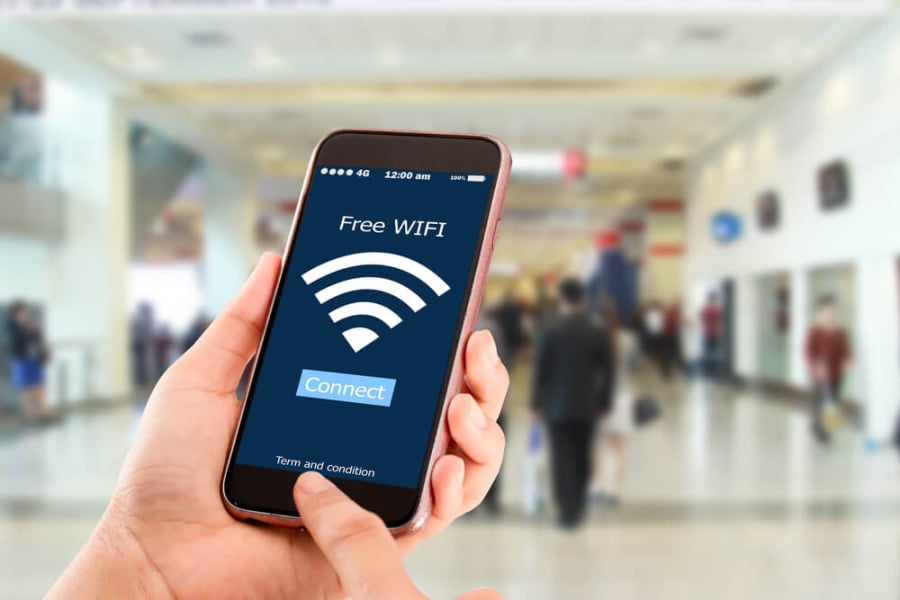
Surveillance risks
Being monitored during online activities is one of the risks you may encounter when using unsecured public WiFi or WiFi networks in hotels and airports. This is a popular hacking technique. At this point, your electronic devices can be tampered with and your data can be stolen remotely.
Potential malware infections
When using WiFi in airports or hotels, you need to be aware of the potential risks, such as secretly downloading malicious software or viruses prepared by hackers. Afterwards, when connecting to the public internet, your personal electronic devices can be automatically installed with these harmful programs. Subsequently, they can invade and steal your important information or personal data for malicious purposes.
Therefore, when using public WiFi, you need to be cautious and not take it lightly when logging into important applications such as personal emails, bank accounts, or social media accounts to avoid the risks of scams or financial exploitation.
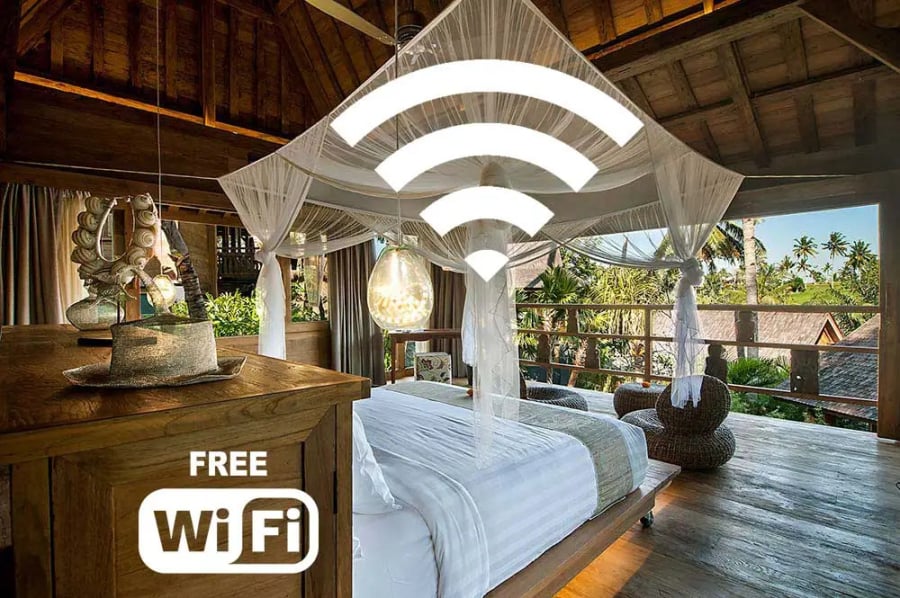
Tips for safely using public WiFi
– Do not casually connect to external public WiFi networks unless absolutely necessary. Additionally, you should only connect to WiFi networks that require a password. However, you should also avoid logging into networks that require extensive personal or detailed information.
– Avoid using public WiFi when logging into important applications such as bank accounts, social media accounts, or personal emails. To ensure security, you should use 3G or 4G networks for these transactions.
– Set your phone to not automatically download unknown software or open suspicious links or files that may contain malicious code.
– Always secure your personal devices, such as tablets, phones, and laptops, with passwords. As for banking applications, you should set passwords with special characters to reduce the risk of data or money theft.
























